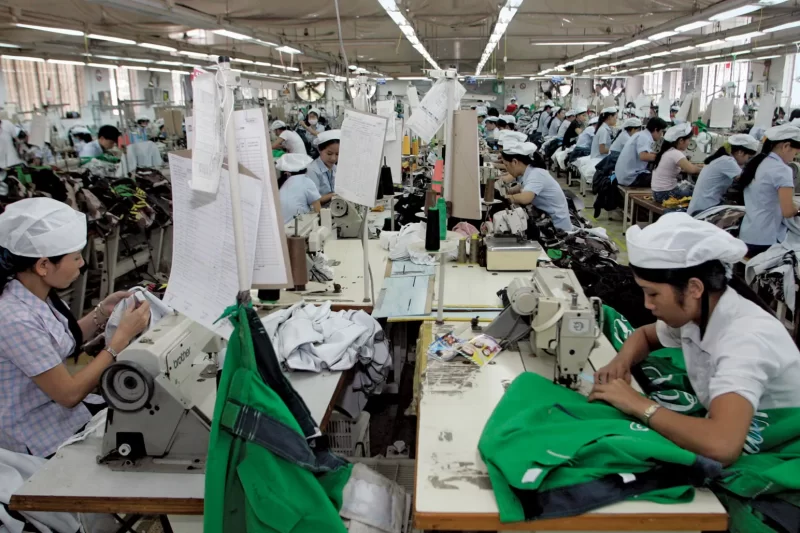Low-Qualification Jobs with Highest Growth
The immediate demand for employees in the tourism and construction sector has increased salaries for basic professions faster than for qualified professionals.
High youth immigration and high demand for unskilled labor are distorting the wage market, with low-qualification technicians and cleaners being paid as much as engineers and economists.
In 2014, the salary of specialists with higher education was 135% of the average salary, while in the first quarter of 2024, the salary of this category was 129% of the average salary.
In 2014, the salary of elementary professionals was 56% of the average salary, while in 2024 it was 65% of the average salary.
Elementary professions are characterized by high informality, as the real salary in many of them is currently at the level of the average salary of Lek 73,641 or 150% of it (construction workers).
Experts warn of high demand in elementary professions and stagnation at high levels of management.
Restrictions on the labor market for high-level professionals and increased supply for low-skill occupations are distorting the wage market.
The lack of an unskilled labor force and the development of sectors that do not require qualified employees, has equated the salary of the technician with that of the engineer and of the cleaning workers with that of the economist.
The concentration of economic growth in only two sectors, tourism, and construction, has narrowed the opportunities for high-level professionals and managers from other sectors while increasing the supply of elementary occupations.
For example, a waiter in hotel structures in coastal areas is unofficially paid from Euro 800 to Euro 1000 per month, and a cleaner up to Euro 700. Also, a stable worker in a livestock farm in the area of ??Fier is paid up to Euro 700 per month, while an economist in Tirana in the first year of work does not receive more than Euro 500 per month.
Shortages in human resources, mainly for lower positions, have disrupted the salary reference systems that every company had and increased the need for flexibility in salary bidding.
According to official data from INSTAT, in the first quarter of 2024, the salary for elementary professions increased by 53% compared to the same period of 2019. Elementary professions are characterized by a high level of informality.
Most of them are officially paid the minimum wage or entirely in informality, while the real salary for elementary professions varies from Lek 50,000 to Lek 100,000 net per month.
Elementary occupations are related to jobs that are learned in a week and do not require experience, such as cleaning workers, construction, and industrial workers.
Human resource experts claim that entry-level occupations find jobs faster than those with higher education and are likely to earn equal or higher wages.
According to INSTAT, from the first quarter of 2024, the salaries of specialists with higher education reached Lek 95,000 gross per month, with a 38% increase from the same period a year ago. This category of employees, which is mostly represented by employees in education and health, does not work informally and has net benefits of around Euro 700 per month, which is often at the same levels as a cleaning worker or a waiter.
While the labor market is expanding in wages and supply for entry-level occupations, this is not the case for top-level managers.
The market in Albania is offering flexibility in the job offer and salaries for employees with elementary professions, without many skills, while for CEOs and high-level managers there is a stagnation of the offer.













